【新唐人2011年12月17日訊】12月14號結束的北京「中央經濟工作會議」提出,明年經濟工作的總基調定為「穩中求進」,繼續保持穩健貨幣和積極財政政策,宏觀調控的順序調整為「穩增長、控物價、調結構」。海內外專家解讀,為確保明年中共十八大順利召開,當局以「求穩」應對經濟放緩和通貨膨脹的雙重壓力。
在全球經濟形勢走低、歐美市場不振的背景下,中國經濟正在遭遇多重困難,包括製造業萎縮、出口下滑、中小企業高利貸、地方政府巨額債務、房地產泡沫,以及高通脹等。
胡錦濤主持的「中央經濟工作會議」承認,當前中國經濟發展中,不平衡、不協調、不可持續的矛盾和問題仍很突出。當局希望阻止經濟出現「硬著陸」,同時又試圖避免通貨膨脹引發社會動盪。
會議提出,「穩增長」就是擴大內需、穩定外需,「控物價」就是防止物價走勢反彈。會議還強調要防範經濟運行中的潛在風險。
「紐約城市大學」經濟學教授陳志飛向《新唐人》表示,這次會議表明中國整個經濟形勢很不樂觀。
陳志飛:「現在這個經濟形勢造成了經濟放緩、通脹上升,還有國內內需下降,這些問題都不是黨的政策馬上解決的,需要中共當局特別小心,就像走鋼絲的、非常要小心這種平衡的行動,所以它用的詞就是『穩健』或者是『積極』這方面的。」
《路透社》援引經濟學家分析指出,「穩中求進」表明政策會延用原來的路數,只是穩健貨幣政策在今年是穩中偏緊,明年會體現出穩中偏鬆,尤其會定向寬鬆。
中國貨幣供應量增速11月份降到10多年來最低水平。國務院發展研究中心金融所副所長巴曙松表示,2011年的穩健重點是為了抑制通脹,那麼2012年的穩健可能更多強調維持經濟的平穩增長,不出現大起大落。
北京經濟學家馮興元擔憂當局的積極財政政策,又走回到「國進民退」的老路。
馮興元:「增長率明年可能會有所下降,那麼,政府所謂的積極財政政策可能也是跟這個有關。但是,這樣一種通過政府消費投資來維持增長的話,它背後就會有一些問題,比如說『國進民退』的問題,政府國有企業投資比較大的話,那麼涉及到整個經濟質量,經濟結構的質量和經濟的質量都會下降。」
「中央經濟工作會議」提出,財政政策要繼續結構性減稅,促進經濟結構調整,嚴格財政收支管理,加強地方政府債務管理。
今年中國財政收入將達到10萬億元,稅收增幅約為GDP增幅的3倍。結果造成,中小企業不僅稅負過重,而且資金鏈緊張甚至斷裂,出現了中小企業倒閉潮,中國實體經濟經營環境惡化。
馮興元:「所以,我們真要改善經濟結構的話,最重要的還是私人投資環境、私人企業的生存環境是不是惡化了,是不是改進了,這些因素很重要。」
中國(海南)改革發展研究院院長遲福林表示,目前,拉動消費、擴大內需是中國經濟轉型的首要任務。強調擴大內需、增加居民收入,關鍵是以收入分配為重點的改革突破。
「中央經濟工作會議」提出,堅持房地產調控政策,促進房價合理回歸。會議還指出,中國經濟增長下行壓力和物價上漲壓力並存,經濟金融等領域也存在潛在風險。
新唐人記者陳漢、李元翰、肖顏採訪報導。
------------------
China's Economy Tone: Stability and Improvement
The Central Economic Work Conference (CEWC)
ended in Beijing on December 14.
It has proposed the overall tone of the economic work
next year to be “maintain stability and improvement,” continue the prudent monetary and active fiscal policies.
The macro-control order was adjusted to “steady growth,
prices control, and structure adjustment.”
Domestic and overseas experts think this is to ensure
the success of the 18th Congress Conference next year.
The Chinese authorities use “maintaining stability” to address
the dual pressure from economic slowdown and inflation.
In the decline of the global economy and sluggish U.S.
and European markets, China's economy is also suffering.
It has many problems, like manufacturing and export decline,
SME loan sharks, huge local governments debt, real estate bubble and high inflation.
Hu Jintao presided over the conference.
He admitted that China's current economic development
still has outstanding contradictions and problems that are unbalanced, uncoordinated and unsustainable.
The authorities want to stop the economy from “hard landing,”
and avoid social unrest due to inflation.
At the conference were discussed various economic issues.
For the “steady growth” it was decided
to expand domestic demand and stabilize external demand;
The handling of “prices control” issue
will require to prevent the price trend from rebounding.
The meeting also stressed about the need
to guard against potential risks in the economy.
Economics professor Chen Zhifei, City University of New York,
told NTD, the meeting did not show much optimism about the Chinese economy.
Prof. Chen: "The current economic situation is caused by
economic slowdown, inflation rise, domestic demand decline.
These problems can not be solved immediately
with the policies of the Chinese Communist Party (CCP).
The CCP needs to take special care. It is like walking
on a tightrope, it should be very mindful of the balance.
So it is with the use of the words “sound” or “positive”
in this area.”
Reuters quoted economists’ analyses, pointing out that,
“maintaining stability and improvement” policy shows they will continue to use the original rules.
However, the steady monetary policy is a little tight this year,
and will be loosened up next year, especially in some areas.
In November, China's money supply growth
was at its lowest level for over 10 years.
Ba Shusong, deputy director of Finance in State Council
Development Research Center, said the 2011 focus is to curb inflation.
And that in 2012 the emphasis might be on stabilization,
to assure there are no big ups and downs in the economy.
Beijing economist Feng Xingyuan has concerns the proactive
fiscal policy might lead China back to the way, “Nation moves forward, people move backward.”
Feng Xingyuan: "The growth rate may decline next year.
The so-called active fiscal policy may also be linked to it.
Maintaining a growth with government consumption
and investment will cause some problems.
Like the say, “Nation moves forward, people move backward”.
If large amounts are invested in state-owned enterprises,
when it comes to the quality of the entire economy, the quality of the economic structure, they will both decline."
CEWC proposed the fiscal policy that China should continue
structural tax cuts to promote economic restructuring;
it should strengthen fiscal and expenditure management,
and local governments debt management.
China's fiscal revenue this year will reach RMB 10 trillion;
the tax surpassed about 3 times the GDP growth.
Thus SMEs not only have heavy tax burden, but some even
ended up in closures, deteriorating the business environment of China's real economy.
Feng Xingyuan: "So if we really are to improve the economic
structure, the most important thing is the private investment and the business environment of private enterprises.”
Chi Fulin, China Reform and Development Research Institute,
expressed concerns on the issue.
Chi said, the primary task of China's economic transformation
is stimulating consumption and expanding domestic demand.
To expand domestic demand and increase income
breakthroughs in the income distribution reform are needed.
The CEWC proposed an adherence to the real estate
regulatory policies and promotion of reasonable price return.
The meeting also noted, the pressure of economy downward
and price rising co-exist, and there are potential risks in economic and financial areas.
NTD reporters Chen Han, Li Yuanhan and Xiao Yan
看下一集
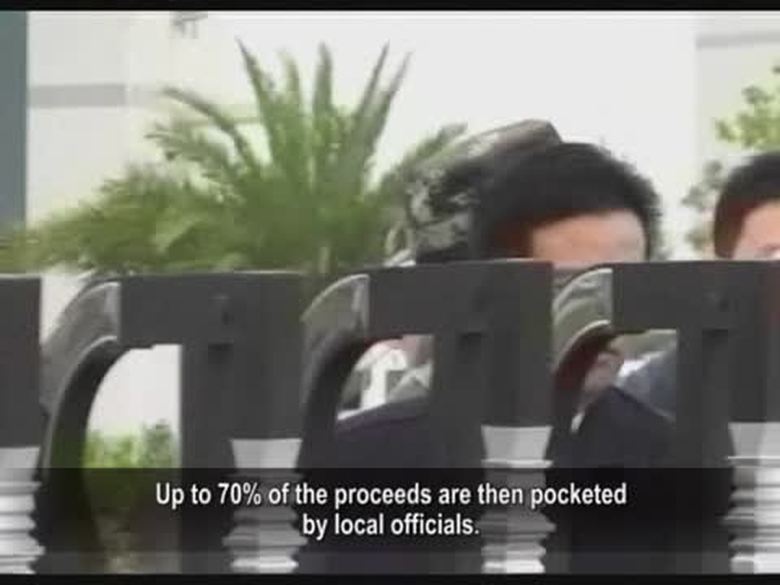
【禁聞】烏坎村民憤怒 國際媒體關注
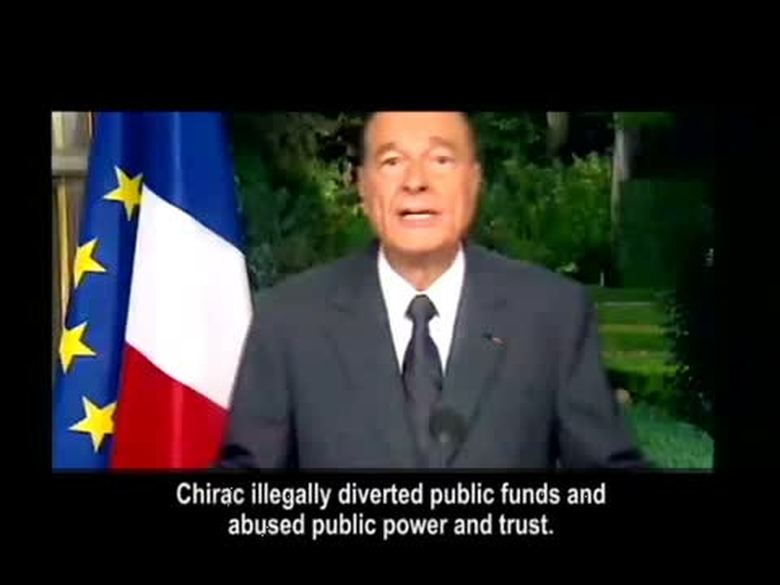
【禁聞】審判法前總統希拉克 對中共的警示
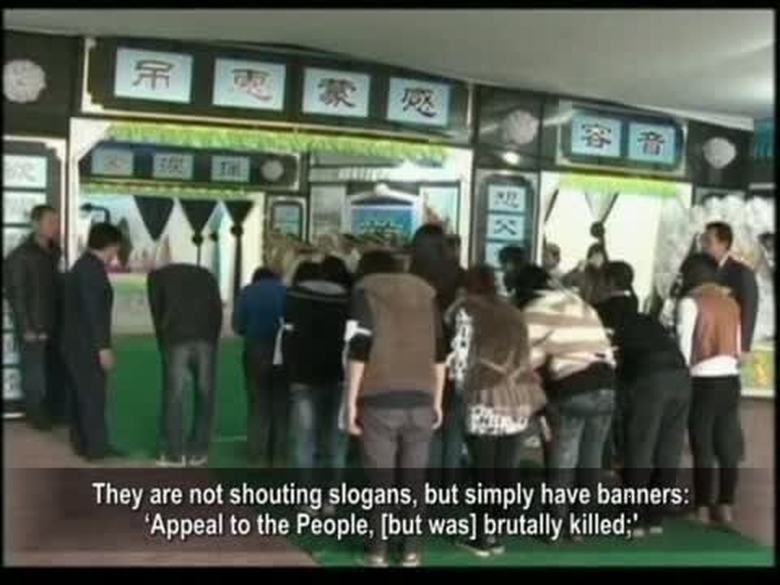
【禁聞】萬民追悼薛錦波 傳中共將鎮壓
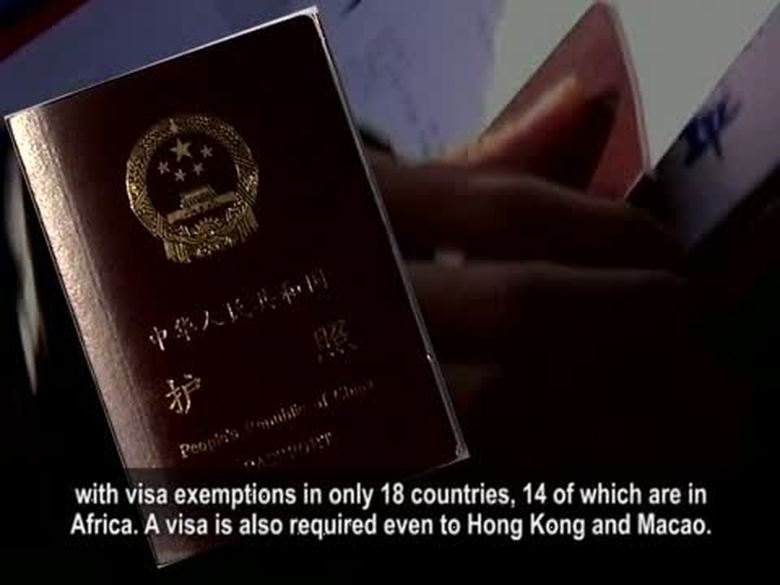
【禁聞】中共嚴控出入境 中國護照處境尷尬

【禁聞】駱家輝炮轟中共 再令北京頭痛
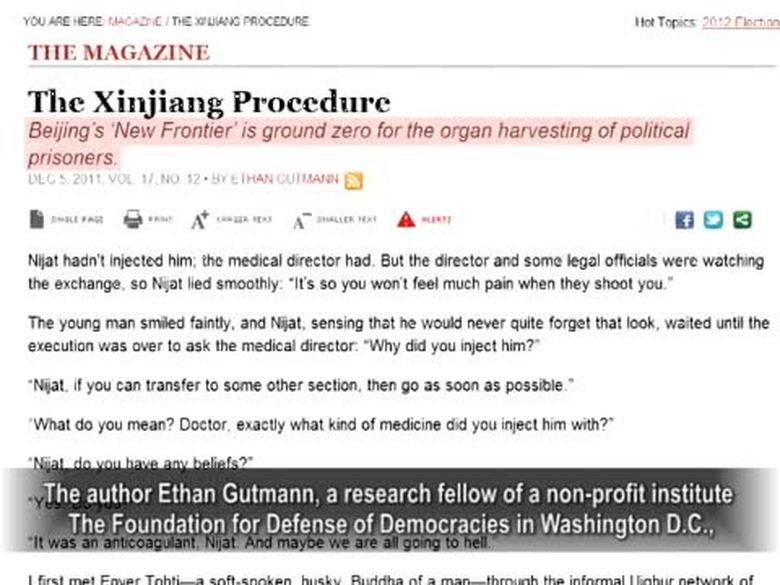
【禁聞】中共活體摘取人體器官新罪證
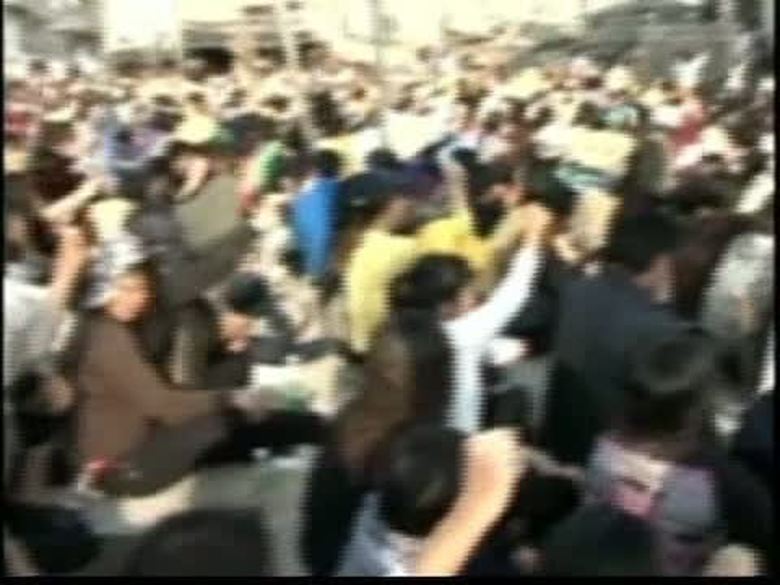
【禁聞】烏坎自治逾週 中共警力突增倍
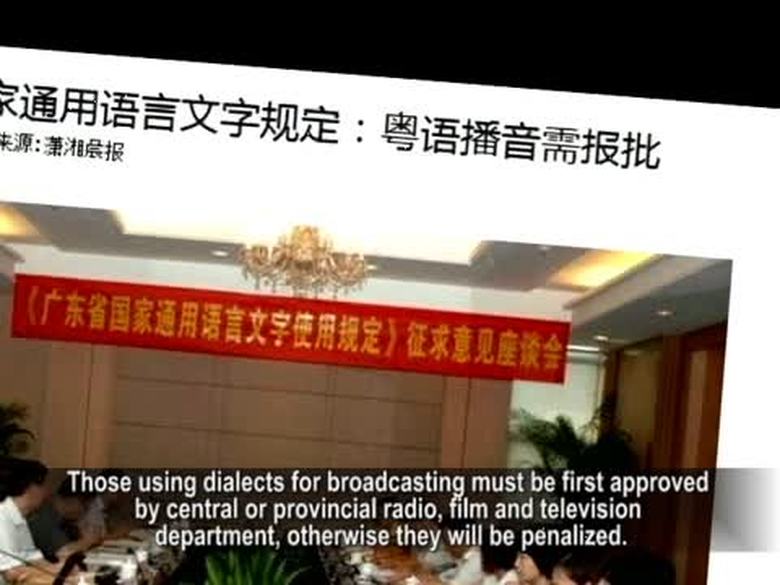
【禁聞】限粵語廣播 恐再煽「撐粵語」怒火
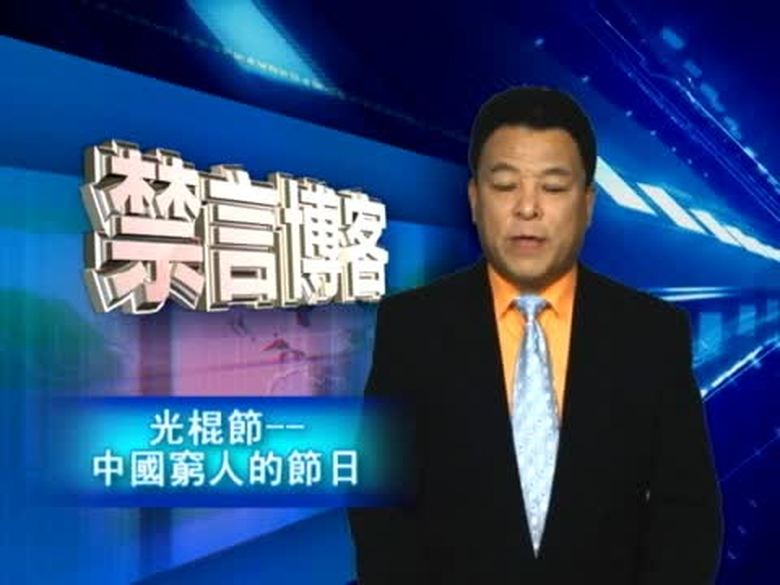
【禁言博客】光棍節——中國窮人的節日
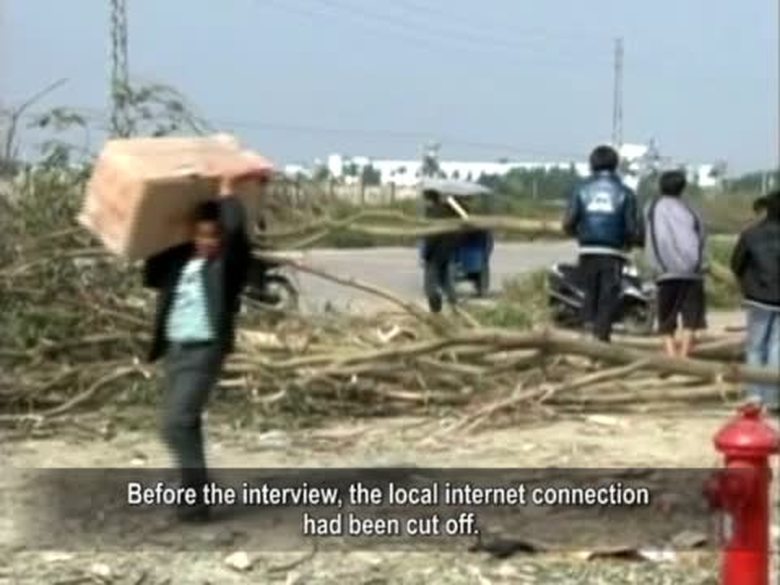
【禁聞】重兵圍烏坎 村民尋對策 外界憂血洗
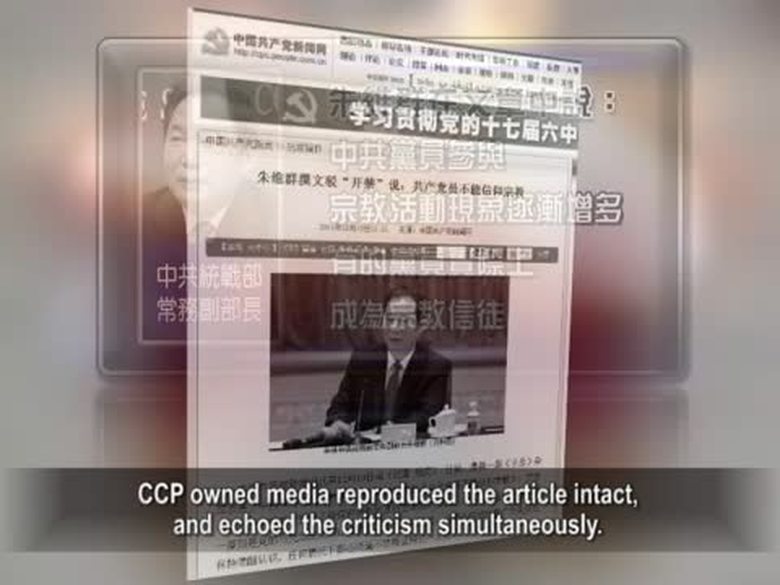
【禁聞】黨員信教劇增 統戰部發文禁止
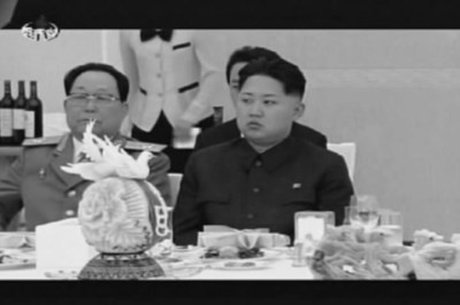
【禁聞】金正日死後 朝鮮半島契機風險并存
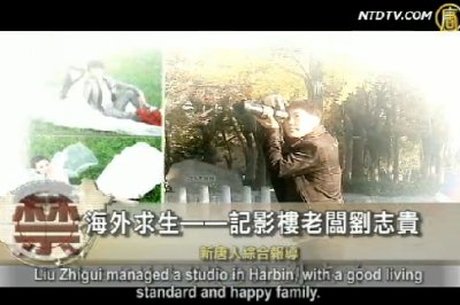
【禁聞】海外求生——記影樓老闆劉志貴
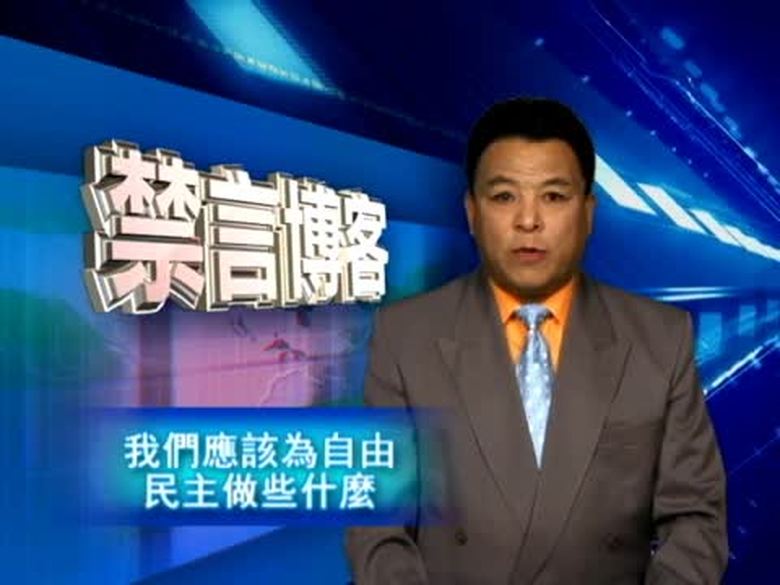
【禁言博客】我們應該為自由民主做些甚麼?
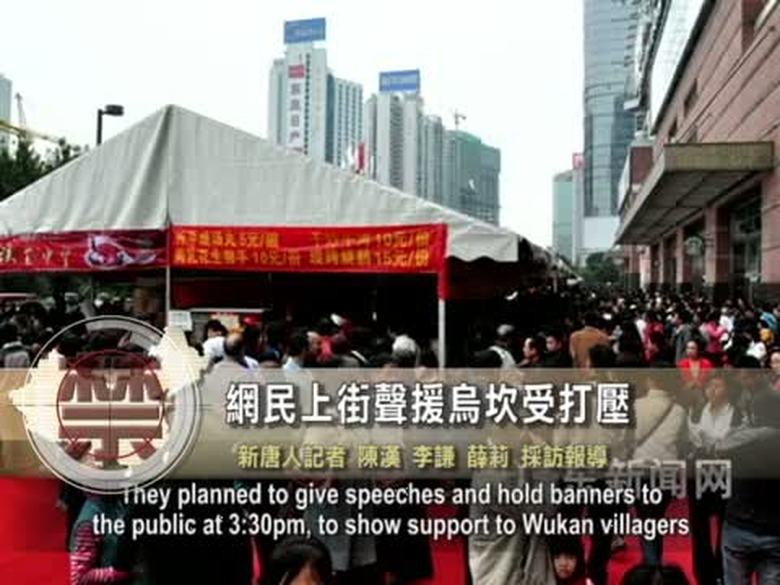
【禁聞】網民上街聲援烏坎受打壓
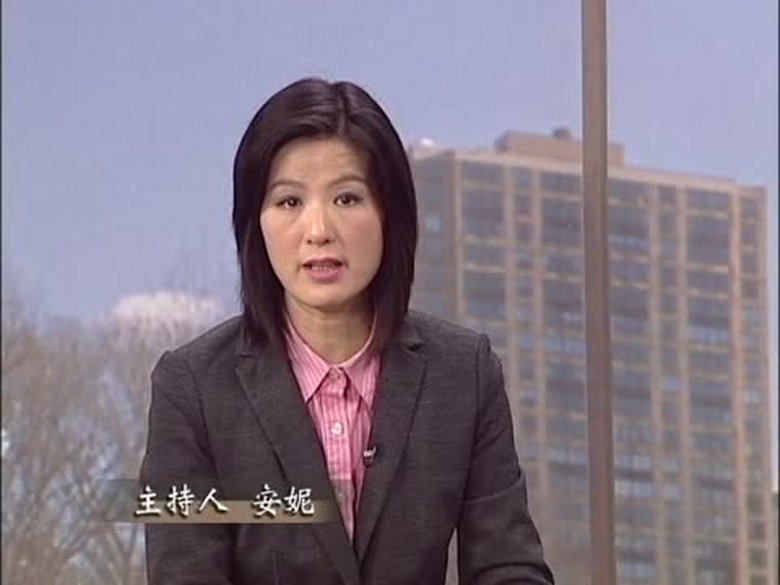
【禁聞論壇】富豪移民是自由,財富來源要查清?








